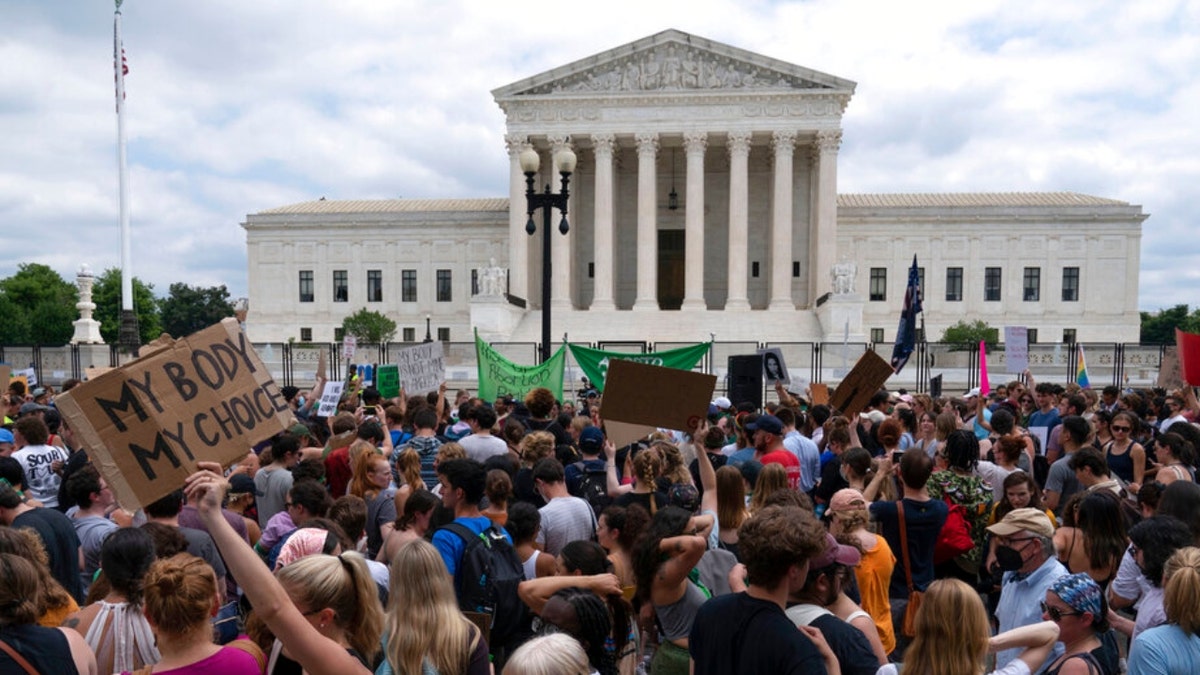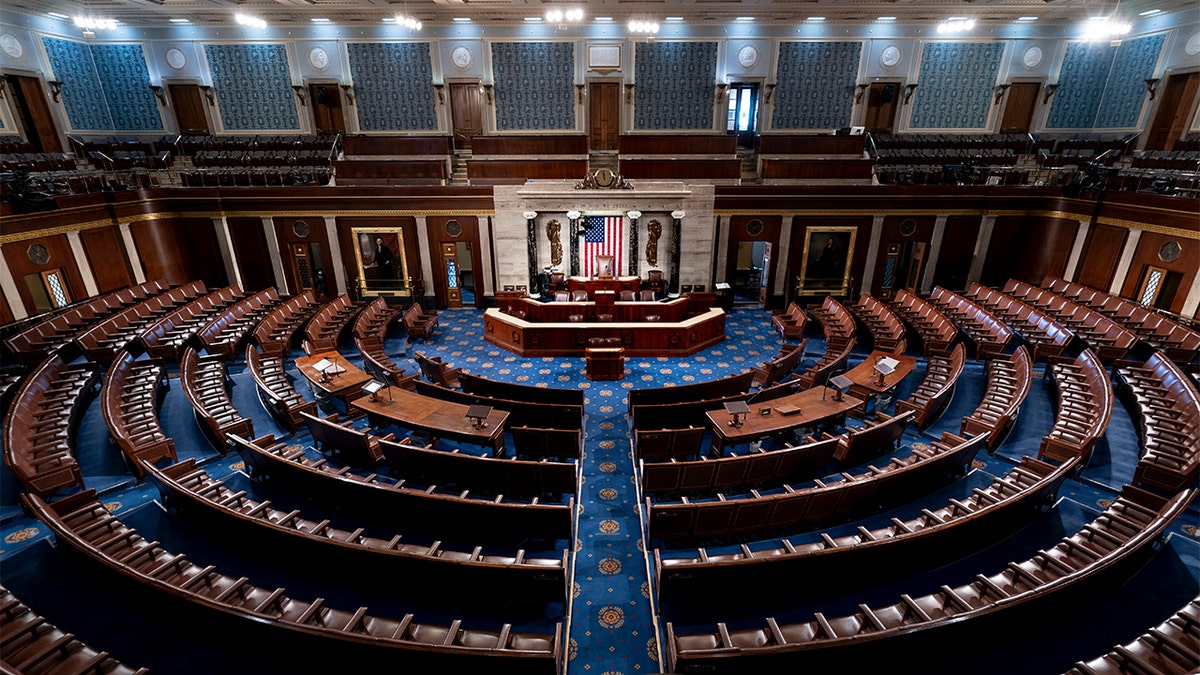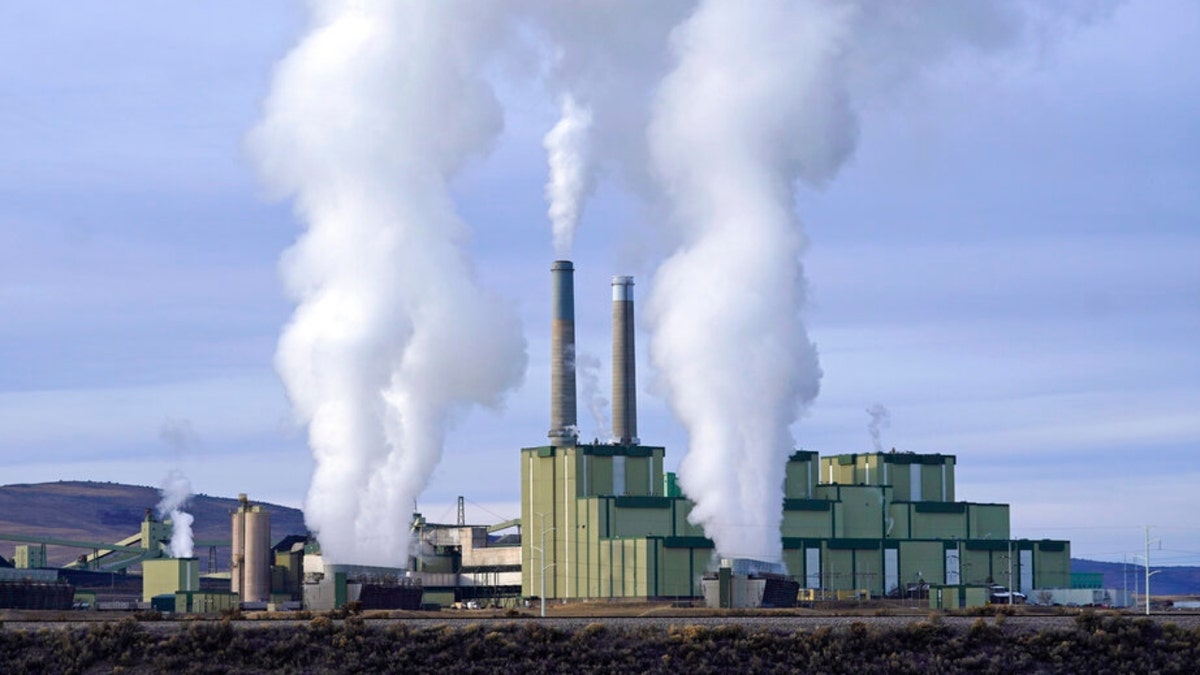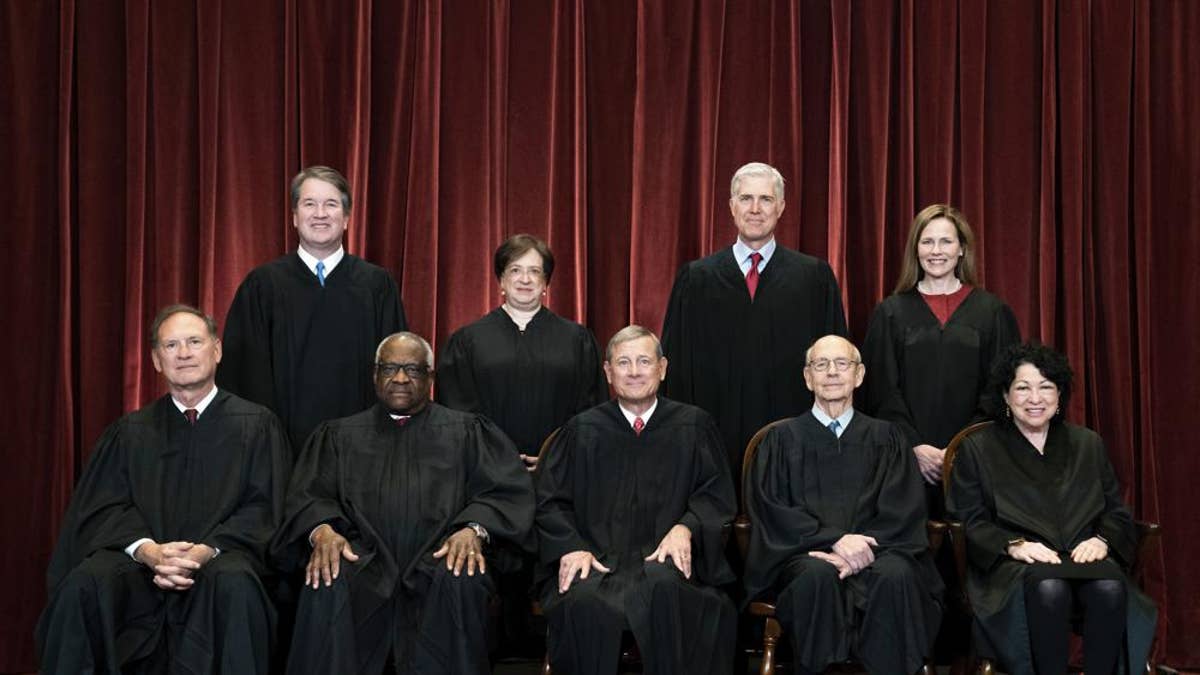
Abortion-rights protesters gather outside the Supreme Court in Washington, Friday, June 24, 2022. The Supreme Court has ended constitutional protections for abortion that had been in place nearly 50 years, a decision by its conservative majority to overturn the court's landmark abortion cases. ((AP Photo/Jose Luis Magana))
MSNBC opinion columnist Hayes Brown penned a column decrying the latest term of the Supreme Court for having allegedly assaulted Americans’ rights and blamed Democrats in Congress for not doing enough to stop the judicial branch.
Brown opened his Friday column with the claim, "The Supreme Court ended its term Thursday having produced a string of decisions that with casual brutality threatened Americans’ privacy, health and well-being." He added, "Democrats, in the face of this assault on the rights and privileges of their constituents, haven’t responded with the necessary anger or urgency."
The columnist provided readers with a brief civics lesson concerning how the judiciary branch was never supposed to be this powerful, at least compared to Congress which was designed by the framers "to be the most powerful of the three branches of government, consisting of representatives of the people and the states."
"The executive was to be feared and constrained; the judiciary was, in comparison, an afterthought mostly left to future Congresses to craft. In drafting the Federalist Papers, Alexander Hamilton considered the courts the ‘least dangerous to the political rights of the Constitution,’" Brown explained.
SUPREME COURT’S EPA DECISION SPARKS 5 WACKY MEDIA MELTDOWNS

The chamber of the House of Representatives. MSNBC columnist slammed Congress for not taking action to restrain the Supreme Court. (AP Photo/J. Scott Applewhite)
"What we’ve seen this term is a court determined to prove Hamilton wrong," he added, accusing Democrats in Congress of having "almost no drive among Democrats to even challenge the third branch."
The columnist criticized the legislative branch for doing little more than "confirming judges and justices," which he claimed should be "more properly seen as a check on the executive’s power to name members to the court rather than a check on the judiciary."
"The Constitution grants Congress wide leeway to address how the federal courts function and to respond to Supreme Court rulings," he said, implying that the governmental branch hasn’t been leaning into its role.
For example, Brown claimed that Congress was well within its power to respond to the Court’s EPA decision from Thursday, stating, "Congress is well within its rights to pass a new law explicitly saying, ‘Yes, the EPA does have this authority.’" But it dropped the ball.
He added, "In Thursday’s case, however, the Supreme Court used the so-called major questions doctrine, which it has used seemingly at random to strike down regulations. It’s a practice that Congress should be able to curtail."

FILE - Steam billows from a coal-fired power plant Nov. 18, 2021, in Craig, Colo. The Supreme Court on Thursday, June 30, 2022, limited how the nation’s main anti-air pollution law can be used to reduce carbon dioxide emissions from power plants. By a 6-3 vote, with conservatives in the majority, the court said that the Clean Air Act does not give the Environmental Protection Agency broad authority to regulate greenhouse gas emissions from power plants that contribute to global warming. ((AP Photo/Rick Bowmer, File))
But they didn’t. "There has been no movement from lawmakers to force the court to clarify the doctrine or to craft language to assert its ability to delegate authority to agencies in future bills," Brown added.
Brown even added that the Supreme Court’s decision in the Dobbs case to overturn Roe v. Wade "doesn’t prevent Congress from passing a federal law guaranteeing such access."
Though Biden and various Democrat lawmakers have strategized on how to codify abortion rights into federal law – Biden even mentioned changing the filibuster – they haven’t found a practical way to enact it.
Regardless, Brown mentioned other tactics Congress hasn’t used like impeachment of the Court’s justices. "The first, impeachment, has been used even more rarely against Supreme Court justices than it has against presidents. There is no concerted call for even an impeachment inquiry in the House," he wrote.
"The other, amending the Constitution, hasn’t occurred since the 27th Amendment, which stops a sitting Congress from giving itself a raise, was ratified in the early 1990s," Brown added. He then mentioned how the alternative to impeachment – efforts to expand the Court – "have gone nowhere in either house of Congress."
The author also slammed Congress for not endorsing Rep. Ro Khanna’s, D-Calif., new legislation to limit Supreme Court justices to 18-year appointments." He then slammed both parties’ handling of a supposedly out-of-control judiciary. "If Democrats are guilty of gross neglect in checking the Supreme Court, the GOP has engaged in willful neglect."
"This unnecessary, self-imposed restraint has allowed power to flow steadily away from the legislature to the executive and the judiciary," Brown claimed, adding that Congress’ "neglect has left the Supreme Court unaccountable." He claimed these neglectful people "would rather watch the world burn than willing yield to change."

Members of the Supreme Court pose for a group photo at the Supreme Court in Washington, April 23, 2021. Seated from left are Associate Justice Samuel Alito, Associate Justice Clarence Thomas, Chief Justice John Roberts, Associate Justice Stephen Breyer and Associate Justice Sonia Sotomayor, Standing from left are Associate Justice Brett Kavanaugh, Associate Justice Elena Kagan, Associate Justice Neil Gorsuch and Associate Justice Amy Coney Barrett. The Supreme Court has ended constitutional protections for abortion that had been in place nearly 50 years (Erin Schaff/The New York Times via AP, Pool, File)
